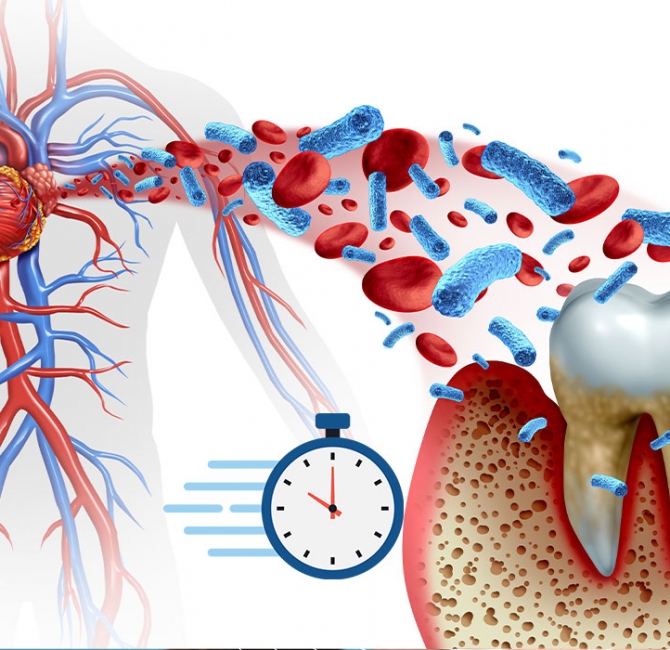Too much carbohydrate in the diet is bad, but too little may be unhealthy as well, researchers reported.
In a pooled meta-analysis of eight cohort studies that included more than 400,000 participants, a high-carb diet (more than 70% of energy from carbs) was associated with increased mortality risk (hazard ratio 1.23; 95% CI 1.11-1.36). But a low-carb diet (less than 40% carbs) was associated with nearly the same mortality risk increase (HR 1.20; 95% CI 1.09-1.32), according to a research team led by Sara Siedelmann, MD, of Brigham and Women’s Hospital in Boston.
A diet in which 50%-55% of total energy came from carbohydrates was associated with minimal mortality risk, Siedelmann’s group reported online in The Lancet Public Health.
“Our findings suggest a U-shaped relationship between life expectancy and overall carbohydrate intake, in which lifespan is greatest among people with 50%-55% carbohydrate intake, a level that might be considered moderate in North America and Europe but low in other regions, such as Asia,” the study authors wrote.
In a smaller pooled analysis of three cohort studies that included more than 150,000 participants, the researchers found that when individuals exchanged carbohydrates for animal-derived sources of protein, such as beef, pork, or chicken, their mortality risk increased (HR 1.18; 95% CI 1.08-1.29). However, when carbs were exchanged for plant-based proteins, from sources including vegetables, nuts, and whole-grain breads, mortality risk decreased (HR 0.82; 95% 0.78-0.87).
“Low carbohydrate diets that exchange carbohydrates for a greater intake of protein or fat have gained substantial popularity because of their ability to induce short-term weight loss, despite incomplete and conflicting data regarding their long-term effects on health outcomes,” the study authors wrote.
“These data provide further evidence that animal-based low carbohydrate diets, which are more prevalent in North American and European populations, should be discouraged,” they said. “Alternatively, if restricting carbohydrate intake is a chosen approach for weight loss or cardiometabolic risk reduction, replacement of carbohydrates with predominantly plant-based fats and proteins could be considered as a long-term approach to promote healthy aging.”
The investigators initially analyzed data from 15,428 US adults age 45-64 who were part of the Atherosclerosis Risk in Communities (ARIC) study. The study is an ongoing prospective analysis of cardiovascular risk factors in four U.S. communities: Forsyth County North Carolina; Jackson Mississippi; suburbs of Minneapolis, Minnesota; and Washington County, Maryland. Participants completed an interview that included a 66-item food frequency questionnaire at enrollment in 1987-89 and again in 1993-95. The main outcome was all-cause mortality over 25 years of follow-up, and it was here that the investigators first noticed the U-shaped relationship between carbohydrate intake and life expectancy.
To confirm and extend these initial findings, the investigators pooled data from the ARIC study with data from seven other prospective cohort studies. These studies included the European Investigation into Cancer and Nutrition (ERIC) study, the Nurses’ Health Study (NHS), and the Health Professionals Follow-up Study (HPFS). The pooled analysis included 432,179 participants. In all analyses, the investigators adjusted for factors including age, gender, race, education, smoking status, and physical activity.
One explanation for the link between low carbs and higher mortality, the study authors said, is that low-carbohydrate diets tend to result in reduced intakes of vegetables, fruits, and grains and increased intake of animal-based proteins. “Long-term effects of a low carbohydrate diet with typically low plant and increased animal protein and fat consumption have been hypothesized to stimulate inflammatory pathways, biological aging, and oxidative stress,” they said.
“On the other end of the spectrum, high carbohydrate diets, which are common in Asian and less economically advantaged nations, tend to be high in refined carbohydrates, such as white rice; these types of diets might reflect poor food quality and confer a chronically high glycemic load that can lead to negative metabolic consequences,” they said.
In an accompanying editorial, Andrew Mente, PhD, and Salim Yusuf, MD, both of McMaster University in Hamilton, Ontario, said the findings made a priori sense.
“Based on first principles, a U-shaped association is logical between most essential nutrients versus health outcomes. Essential nutrients should be consumed above a minimal level to avoid deficiency and below a maximal level to avoid toxicity. This approach maintains physiological processes and health (i.e. a so-called sweet spot),” they wrote.
“Although carbohydrates are technically not an essential nutrient (unlike protein and fats), a certain amount is probably required to meet short-term energy demands during physical activity and to maintain fat and protein intakes within their respective sweet spots,” the editorial said. “On the basis of these principles, moderate intake of carbohydrate (e.g. roughly 50% of energy) is likely to be more appropriate for the general population than are very low or very high intakes.”
A limitation of the study, the authors said, was that it focused only on general carbohydrate intake and not the specific components of participants’ diets. “Any number and combination of dietary components could have been considered and adjusted for in this analysis; therefore, some confounders might have been unadjusted for,” they said.



